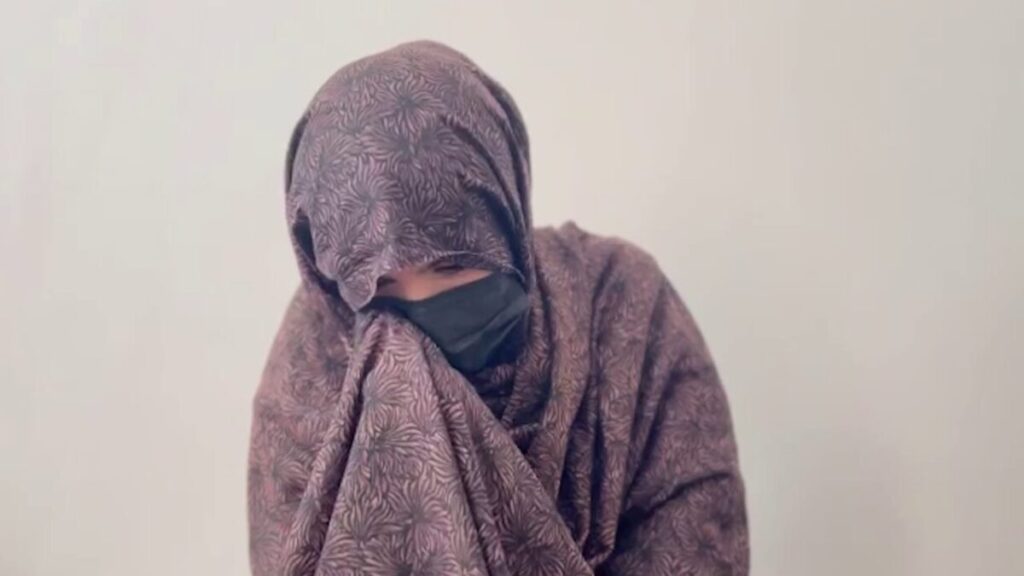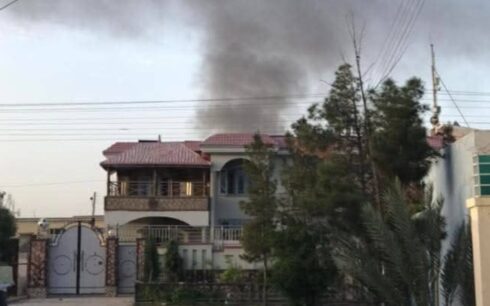As Afghanistan marked three years under Taliban rule on August 15, many girls deprived of education have shared harrowing stories of forced marriages, revealing that the Taliban’s ban on schooling for girls above grade six has pushed them into unwanted unions.
Laila, a young woman who was forced into marriage after schools were closed, recounted her ordeal. After enduring severe physical abuse by her much older husband, she ultimately sought a divorce. Now, she says, her life is in ruins.
“When the Taliban took over, I was in the 10th grade. My family forced me to marry a man nearly 21 years older than me,” said Laila, now 17. “For three years, I endured torture; my husband beat me and then went to Iran. I was forced to divorce him. Now, I live in uncertainty. If schools hadn’t been closed, I wouldn’t have been forced into this marriage, and my fate wouldn’t have turned out like this.”

Mental health professionals report a significant increase in anxiety, depression, and even suicide attempts among Afghan women and girls since the Taliban’s takeover. According to psychologists, mental health cases among women have surged by 30 percent over the past three years, with many patients being young girls who have been deprived of education.
“Unfortunately, the rate of visits, which used to be around 75 to 80 percent, has now reached 100 percent, with the majority of those seeking help being women,” said Waheed Norzad, former head of the mental health department at Herat Hospital.
Sources within various hospitals across the country revealed that the Taliban has forbidden health officials from sharing data on suicide attempts with the media. Psychologists attribute the rise in suicide attempts to the restrictions on women’s work, education, and freedom.
“The current dire situation, the imposition of restrictions, and the practical elimination of women from social spheres have led to a worsening crisis,” said Adila Zamani, head of the psychology department at an online women’s institution.
UNESCO reports that Afghanistan is now the only country in the world where secondary and higher education is strictly forbidden to girls and women. Around 100,000 female students who were enrolled in public and private universities have been barred from attending classes. Access to primary education has also declined sharply, with 1.1 million fewer girls and boys attending school.
In addition to forced marriages, girls who have been deprived of education say they are suffering from depression, uncertainty, and isolation.
“In these three years, we have lost a lot, which has made us very depressed. Many girls have been forced into marriage,” said Shaqaeqh, a student. “We are stuck at home, depressed, and no one is held accountable. I hope that one day we will also achieve our rights.”
The United Nations reports that the Taliban has issued more than 50 decrees that have directly and indirectly affected women and girls in Afghanistan, further deepening their plight.





